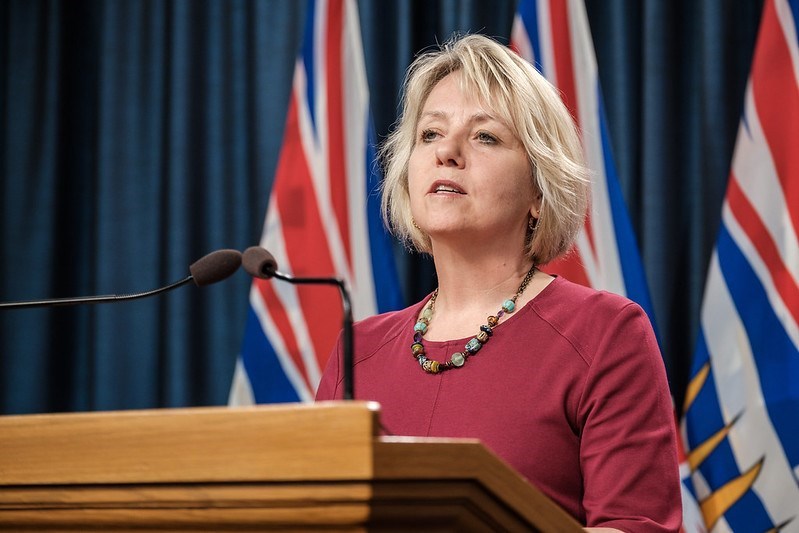Public health relies on public trust. For whatever reason, the pandemic response has become a political issue, with the unfortunate effect of politicizing the public health response to COVID-19. As a consequence, the mistrust of politicians transferred to public health.
How could that transfer of mistrust been avoided?
To begin with, a proper assessment of the mood of the public. Politicians seriously underestimated the lack of trust their voting public have in them. They should have expected problems with public buy-in. The public health response to the pandemic required a smart approach taking into account public mistrust and polarization.
Instead, there was too much (in Canada, this came mostly from the federal government response) top-down “We know what’s best and will use the force of the law to prevent anything we label misinformation.” This was a set-up for failure in a democratic, open country that has laws protecting freedom of expression. The public would discuss COVID. There would be misinformation. The way to deal with this is not to shut down conversations, but to provide correct information, to answer the questions that people ask in good faith. People needed to understand that the science on COVID was evolving as more was learned, and that there would be disagreement and challenges to research and studies. That to question, is in fact, how science progresses.
Instead, what we got were extreme, polarizing messaging from some of our political leaders. Some demonized those who didn’t agree with their messaging 100 per cent. In the first news conferences, we were told that closing borders was racist. Then that there was no possible way that the virus was due to a lab leak and to speak of it was to endorse conspiracy theories. Then we heard that wearing masks was ridiculous. The messages have evolved but the main message is the same: “Trust me. I know what’s best for you, and if you don’t trust me, it must be because you are a conspiracy theorist or racist, or denier, or whatever.” Trust is not built by demanding it, but by being trustworthy, which is another column entirely.
Then some politicians have used division in an effort to shame people into getting vaccinated. Demonize the vaccine hesitant seems to be the “solution,” paint the vaccine-hesitant as science-deniers. Others report that health care workers disproportionally refuse to be vaccinated. Maclean’s recently reported that the average vaccine hesitant person is a 42-year-old woman who votes Liberal. Whether it’s Premier Horgan’s “young people” comment or this week’s efforts to make vaccination an election issue, neither will encourage trust or vaccination.
This pandemic could have been an opportunity to unite Canadians against a common foe, regardless of the measures we each took to fight against it. No one wants to be sick. No one wants to kill their grandparent. We all want to be healthy and free. Our politicians should build on that foundation: sending out the message that our common values, our free expression, free media; the pillars of democracy that have made us the envy of the world would work to bring us out of this pandemic. The messaging should have been unity around our common values. It will be up to voters to send the message to our politicians that encouraging divisiveness does not pay.



